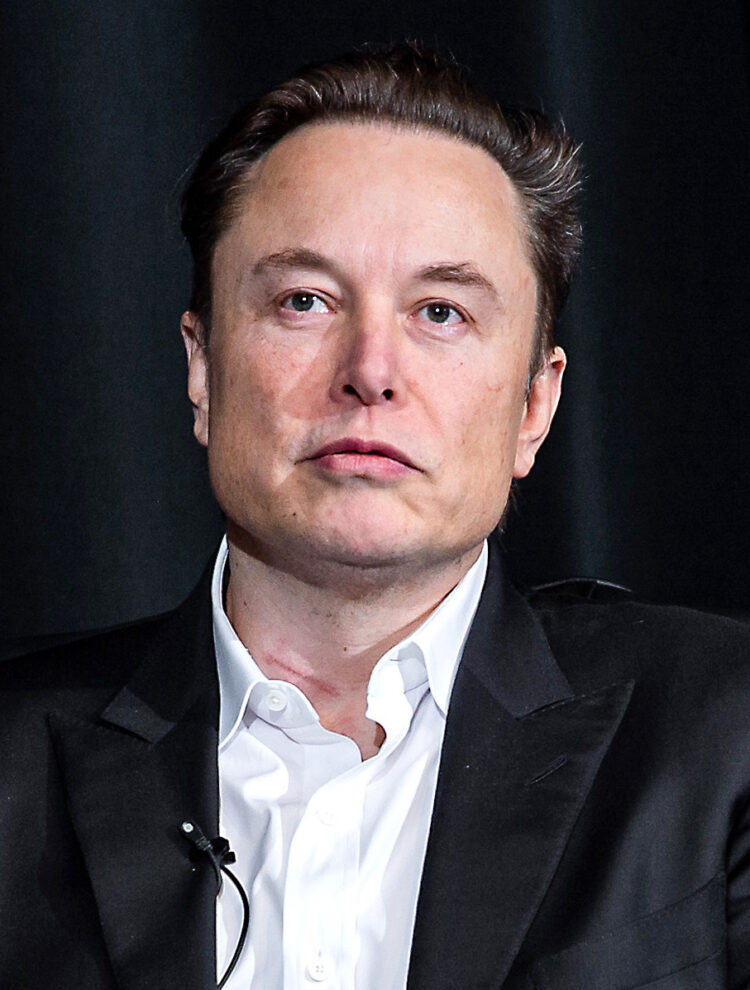Billionaire tech magnate Elon Musk has called the absence of India as a permanent member of the United Nations Security Council (UNSC) as absurd. The Tesla CEO said that the current structure of the UNSC does not adequately represent the world’s largest populated country’s and called for an overhaul.
“At some time, there is need to be a revision of the UN bodies. Problem is that those with excess power do not want to give it up. India not having a permanent seat at the UNSC despite being the world’s most populous country is absurd,” Musk said in a post on X. He also advocated that Africa collectively should have a permanent membership in the top UN Body.
India has been vying for a permanent seat at the UNSC table for years. But its attempts to secure a permanent seat have been met with resistance mainly from the People’s Republic of China (PRC) which has often used and utilized its veto power to block India’s inclusion. Despite this, other permanent members including USA, France and Russia have backed India’s candidacy.
India and UN Reform
Recently, the MEA Chief and Foreign Minister Subramaniam Jaishankar likened the UNSC to an old club with a set of members who do not want to let go of their grip and not keen to have their practices questioned. He also underscored the increasing global support for India’s permanent seat at the UNSC. In September 2023, Jaishankar voiced concern about the UN’s resistance to the reform calling it anachronistic and suggesting people may look for solutions elsewhere. Using a bus analogy, he criticized the unchanged permanent members of the UNSC.
Prime Minister Narendra Modi too has pointed out the need of the UN reform noting that the significant changes in the world since its inception. “When the UN was established, the world was completely different. Despite the UN having around 200 countries, the permanent members of the UNSC still remain same.
UNSC Structure
The UNSC recognizes five permanent members, often referred to as the P5 which include USA, Russia, China, UK, France. These nations wield significant power, including the ability to veto resolutions. The non-permanent members elected for two-year terms contribute to the Council’s agenda, but they lack the veto powers exercised by their permanent members and counterparts.




















Comments